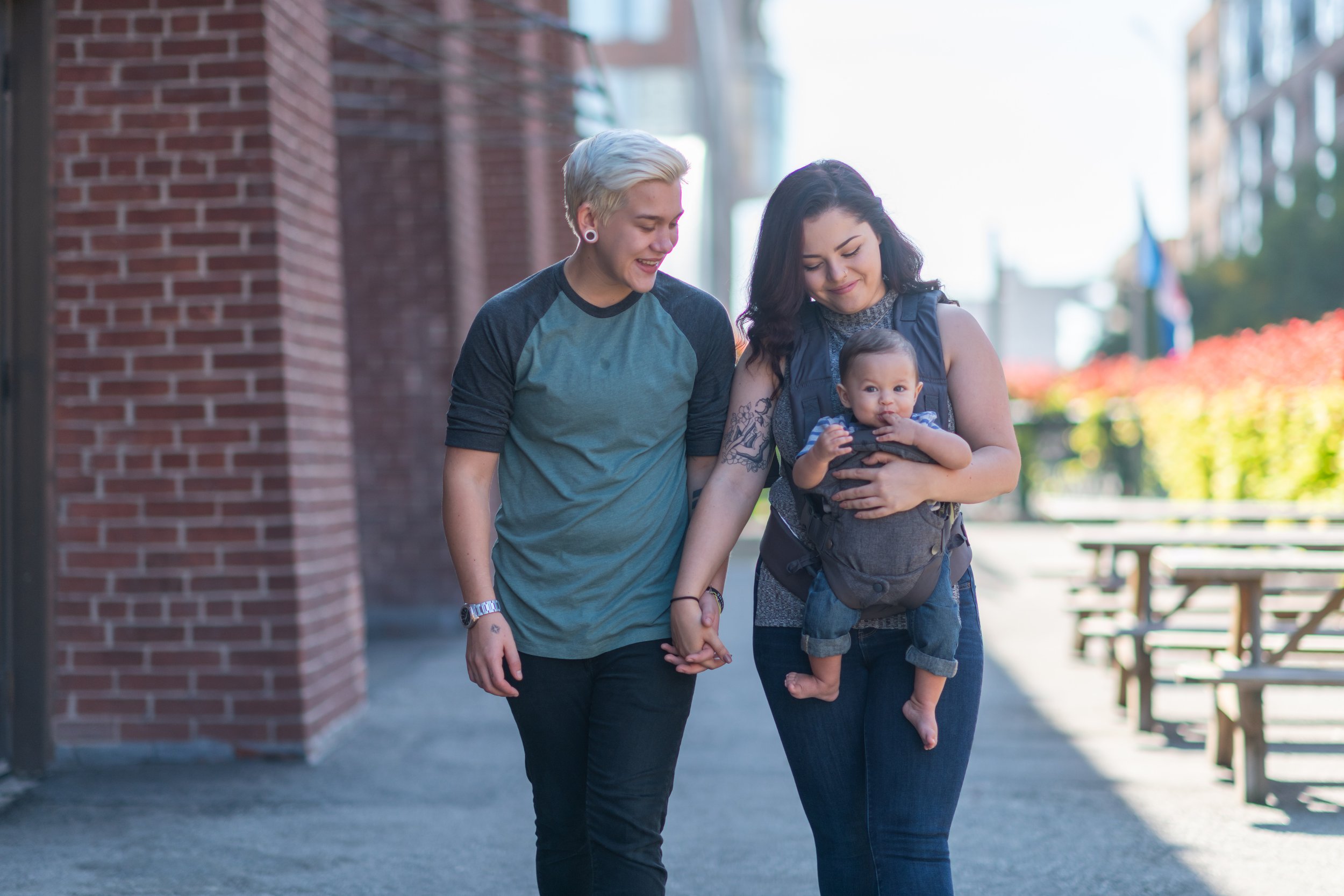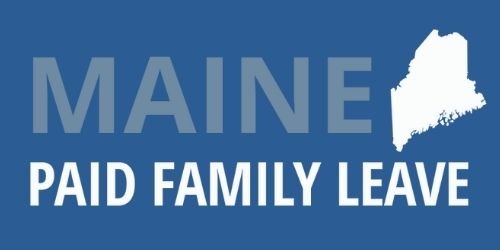
Paid family & medical leave helps Maine people, families, and businesses succeed.
Answers to Common Questions
Here are some answers to questions we’ve heard from Maine people. Let us know if you have other questions we can answer!
-
Paid Family and Medical Leave (paid leave) is a benefit that allows workers to take an extended period of time off. This benefit gives workers the flexibility and security to deal with life’s most disruptive events without risking their financial stability, employment, or health insurance. It is different from single day leave benefits like paid sick days.
-
Paid family & medical leave is meant to help us care for our own health and manage caregiving responsibilities when those close to us need our support. Here are some examples of paid family & medical leave. You may know some, and some may be new:
Birth, adoption, or fostering a child (usually called maternity/paternity leave)
Recovery from surgery, an accident, or other health condition
Helping a loved one struggling with a chronic condition like dementia
Assisting a spouse or parent as they age at home
Dealing with the death or serious health condition of a family member in the military
-
Yes! A 2022 Omnibus Poll (1) showed that Mainers are onboard for paid family & medical leave.
70% of Mainers support creating a statewide paid leave program.
This includes 88% of Democrats, 66% of Independents, and 56% of Republicans who support creating a PFML program in Maine.
-
The new statewide paid family & medical leave program will help keep businesses stable. A statewide system helps employers manage the unexpected cost of absences. Paid leave also keeps people employed. Businesses with paid leave retain employees longer and save on turnover costs. A statewide paid leave program will help Maine’s small businesses compete with larger companies when it comes to hiring and benefits.(2)
A statewide paid leave program will also help businesses to retain and support Black, Indigenous, and employees of color and women. People who have access to paid leave after giving birth are 93% more likely to be working 9-12 months postpartum than those who do not.(3) 80% of them return to the same employer.(4)
-
Unpaid caregivers in Maine provide more than $2 billion worth of care each year. Those caregivers shouldn’t have to lose out on pay or desperately needed time off. Right now, caregivers who are caring for aging parents are often also still raising their children - and working full-time.(5) Paid leave will help offer some balance - and help support people who are keeping our families - and economy - going.
-
Maine people should have the chance to succeed. And - when unpaid Maine caregivers are providing more than $2 billion worth of care each year, that success is harder to come by. Low-income and Black, Indigenous, and People of Color (BIPOC) family caregivers are even more likely to lose income because of unpaid caregiving. A statewide paid leave program will help level the playing field.
-
Low-income Mainers are more likely to lose a job or insurance because of illness or injury.(6) Even if they don’t lose their job or insurance, Mainers lose millions in lost wages every year.(7) A statewide program will help keep Maine people employed and able to pay their bills.
-
It’s important that Maine families have what they need to succeed. Here are a few ways that PFML helps new parents set their families up for success:
Access to paid leave significantly decreases postpartum depression. (8)
When parents have paid leave, infants are more likely to have regular checkups and immunizations (9) - meaning our kids are healthier and stronger.
A one month increase in paid leave significantly increases the likelihood and length of a child being breastfed. (10)
Paid family and medical leave gives Maine people the time, flexibility and security to manage life's most disruptive events without jeopardizing our families' financial stability, employment, or health insurance.
Paid family and medical leave means more supported caregivers - and better care. Caregivers shouldn’t have to lose out on pay or desperately needed time off.
Small businesses often struggle to match the more generous leave benefits offered by larger employers. When all employers can offer the same kind of paid family and medical leave, it levels the playing field.


